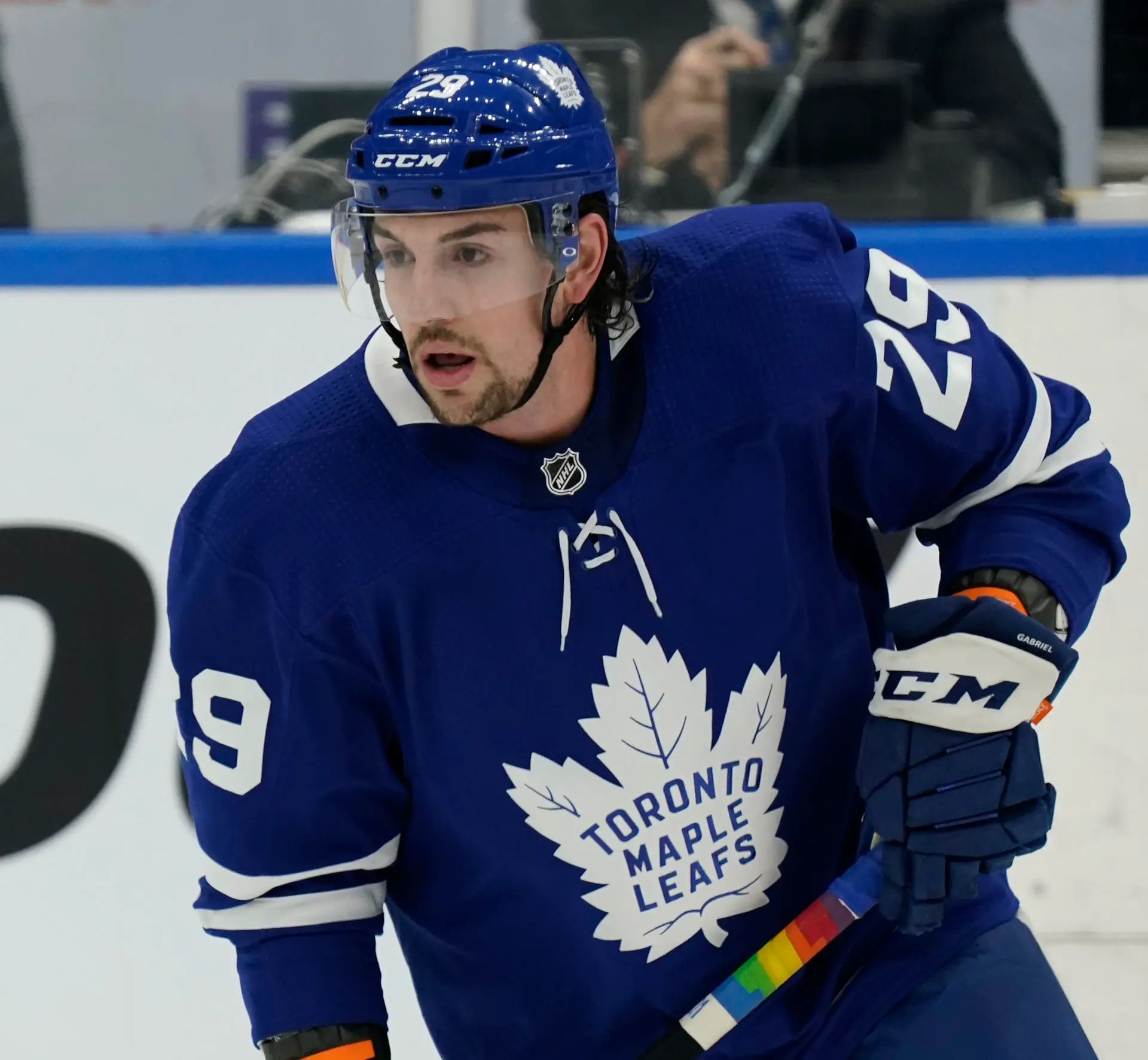Kurtis Gabriel, his fight with mental health, and why talking about it matters
Photo credit: John E. Sokolowski-USA TODAY Sports
By Nick Barden
Oct 29, 2021, 09:00 EDT
Breaking News
- The Maple Leafs are in uncharted territory – but it only gets harder from here
- Dallas Eakins credits William Nylander and Craig Berube’s composure for Maple Leafs playoff success
- Dallas Eakins raves about Berube, Nylander, & Toronto’s postseason growth: Leafs Morning Take
- Craig Berube on what he’s learned from coaching William Nylander: ‘Just leave him alone’
- Brad Marchand admits the 2025 Leafs are continuing to get better
